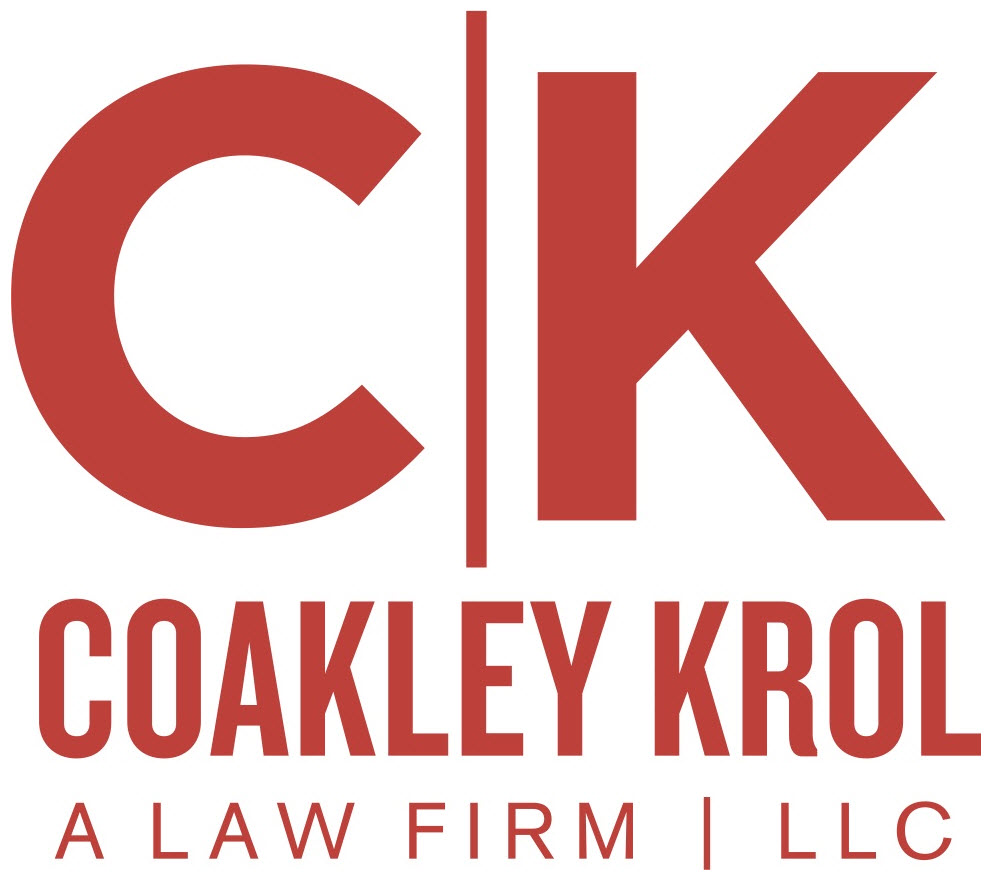When divorcing couples try to divide marital property, the family home is typically a major point of contention. After all, it's most families' biggest financial asset, and many divorcing spouses have a strong emotional attachment to the home. So who gets the home in divorce? And is there ever a situation where it's best to let it go?
Is it worth fighting over?
When going through a divorce, you can generally choose whether you want to collaborate with your former partner or leave the division of property to the court. If you and your former spouse can come to an agreement without involving the courts, everyone is usually happier and less stressed.
No one can make better decisions for your family than you and your ex - least of all a strange judge who doesn't know either of you. Depending on your circumstances, the judge may award the house to your ex or even force you both to sell it.
Three factors that could influence who gets the house
If you're planning to pursue the house in divorce proceedings, there are many important things to keep in mind, including:
- Your children - In any family law dispute, the judge will prioritize the best interests of the children, which is likely your top concern as well. This means that the parent who is awarded primary custody will likely remain in the house to minimize disruption to the kids.
- Your finances - If you do get the house, can you afford to stay in it? A home comes with financial obligations, including maintenance, upkeep, mortgage payments, HOA fees and tax obligations. Talk to an expert to determine if keeping the house is truly in your best financial interests.
- Your feelings - We know that your home is more than four walls and a roof. It may be where you started your life together, where your children grew up, or where you've imagined spending the rest of your life. Those emotions matter - but they can sometimes interfere with logical decision-making. Consider speaking with an attorney who can help you evaluate your options and see them more objectively.

No Comments
Leave a comment